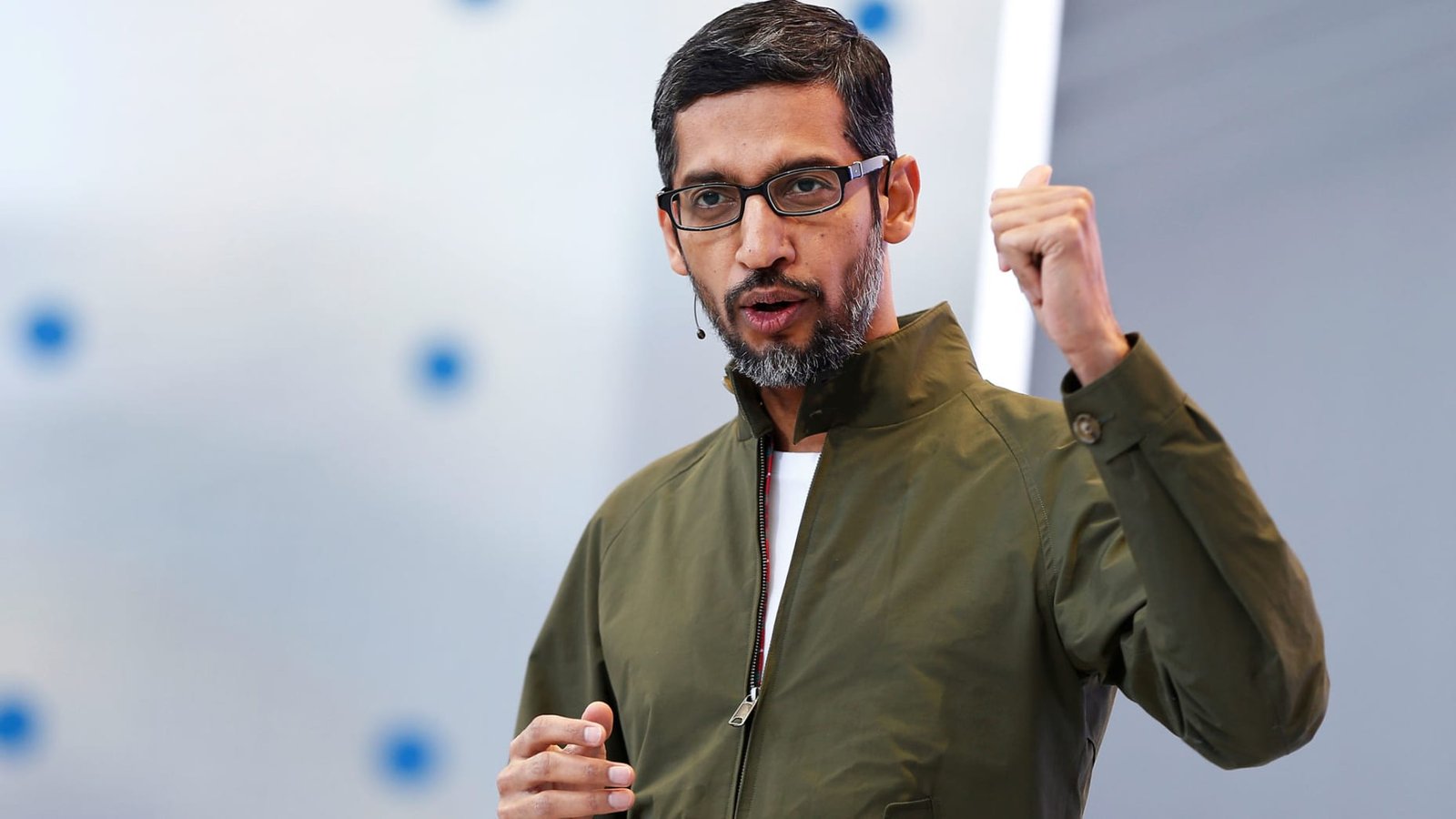Google’s AI-Centric Approach is Transforming Software Development
In a striking demonstration of artificial intelligence’s (AI) role at Google, CEO Sundar Pichai recently disclosed that more than a quarter of Google’s newly created code is generated by AI. This announcement, made during Google’s Q3 2024 earnings call, highlights the substantial impact AI has on the company’s internal operations and productivity, positioning AI as a cornerstone in its broader growth strategy.
AI-Generated Code Enhances Speed and Productivity
Google’s use of AI to produce over 25% of its new code underscores its commitment to leveraging advanced machine learning to boost efficiency. According to Pichai, this AI-generated code is rigorously reviewed and approved by human engineers, ensuring quality and maintaining high standards. “This helps our engineers do more and move faster,” Pichai remarked, expressing enthusiasm for the productivity gains brought about by these AI-driven tools.
The company’s internal AI tool, reportedly called “Goose,” has been instrumental in these efforts. This model, which draws from 25 years of Google’s engineering expertise, assists developers in writing code and building products more efficiently. Goose’s deployment suggests Google’s long-term investment in integrating AI within its foundational processes, a move that reflects both technological innovation and operational scalability.
Financial Performance Surges as AI Fuels Growth Across Divisions
Alphabet, Google’s parent company, reported a robust Q3 2024, with total revenue reaching $88.3 billion—a 13% increase from the previous year. Google Services, a major revenue stream including Search, generated $76.5 billion, demonstrating continued growth. The Google Cloud division, which supports external clients with AI-powered infrastructure, saw an impressive 35% year-over-year revenue increase, totaling $11.4 billion.
AI’s influence extends beyond code generation to the company’s financial performance, significantly enhancing Google’s market position and profitability. For example, Google Services achieved a substantial jump in operating income, reaching $30.9 billion, compared to $23.9 billion the previous year. Google Cloud, in particular, reported an operating income of $1.95 billion, up from $270 million in 2023, illustrating the strong demand for AI solutions.
Expanding AI-Driven Innovations Across Google’s Offerings
AI continues to shape Google’s product ecosystem, impacting everything from Search to consumer products. New AI-powered tools in Google Search enable more adaptive and comprehensive search results. Meanwhile, Google’s Gemini model supports “Gems,” personalized chatbots designed for more customized, user-specific interactions.
In other areas, YouTube creators benefit from generative AI tools that assist with video summaries and title suggestions, making content creation more accessible. Google Meet’s integration of an AI-driven note-taking feature is streamlining meeting summaries, allowing users to focus on discussions while the AI captures important points. Furthermore, the recent Pixel 9 series has been widely praised for its integrated AI features, adding to Google’s expanding lineup of AI-enhanced devices.
Regulatory Challenges Loom Amid Success
Despite Google’s success with AI advancements, the company faces significant regulatory challenges. The US Department of Justice recently labeled Google a monopoly in search and digital advertising, with the ongoing legal proceedings possibly resulting in stringent restrictions or even a forced breakup of Google’s operations. As the case progresses into its remedies phase, the potential outcomes could impact how Google deploys its AI technologies.
A Glimpse into the Future of AI at Google
Google’s internal and external AI strategies showcase the potential for machine learning and automation to revolutionize not only software development but also operational efficiency across industries. As Google continues to push the boundaries of AI, both in-house and for consumers, the tech giant’s AI-first philosophy is redefining what large-scale AI implementation looks like in a global enterprise setting.
By embedding AI deeply into its infrastructure, Google is well-positioned to maintain its role as a leader in AI-driven innovation—provided it can navigate the regulatory landscape.





